The dual challenges of war and climate change have cast a shadow over Iraq's wildlife, resulting in the widespread destruction of natural forests and significantly impacting biodiversity. This perilous situation has been exacerbated by drought and water scarcity.
Veterinarian Suleiman Tamer dedicated the majority of his time to tending to and safeguarding wild animals and birds. He achieved notable success in rescuing numerous animals, alongside the compassionate care provided to numerous stray dogs and cats.
Some of these animals are sent to Europe and America for specialized treatment, where they find caring individuals to legally adopt them. His ongoing commitment involves actively challenging authorities in the face of illicit hunting operations that pose a threat to wild animals and birds.
With over two decades of volunteering in this field, he ardently endeavors to treat injured animals or those in peril. The bulk of his time is committed to the care, treatment, and rescue of animals.
In a recent collaboration with security authorities, he achieved the remarkable feat of saving the lives of diverse wild animals, notably liberating a trapped leopard and rescuing a bear entangled in a garden fence.
Furthermore, he has successfully rescued wild goats, pigs, and various bird species. Following treatment, they were effectively reintegrated into their natural habitats. Reflecting on his work, he said that it makes him “experience a profound sense of sorrow when unable to rescue an animal”.
Operating in Duhok province of the Kurdistan Region, Tamer persists in his commitment to stray dogs and cats.
He not only shelters and tends to them but has also effectively facilitated the transfer of several animals to European and American countries through collaborations with animal rights organizations.
The goal is to ensure their treatment and adoption by individuals who share a deep passion for animal welfare.
In his discussion with The New Region, Tamer emphasized that undisclosed extermination operations, stemming from illegal hunting and military activities, pose a grave threat to the survival of wild animals.
The targeted bombardments by Turkish and Iranian forces along border areas have resulted in the extensive burning of once-lush natural forests that harbored diverse species.
Furthermore, the combined impact of drought, climate change, and deforestation poses a significant peril to the wildlife in our region. The once-common presence of bears, leopards, wild goats, foxes, and wolves in the mountains has become increasingly scarce, and there is a conspicuous decline in certain species of wild birds, reptiles, and insects.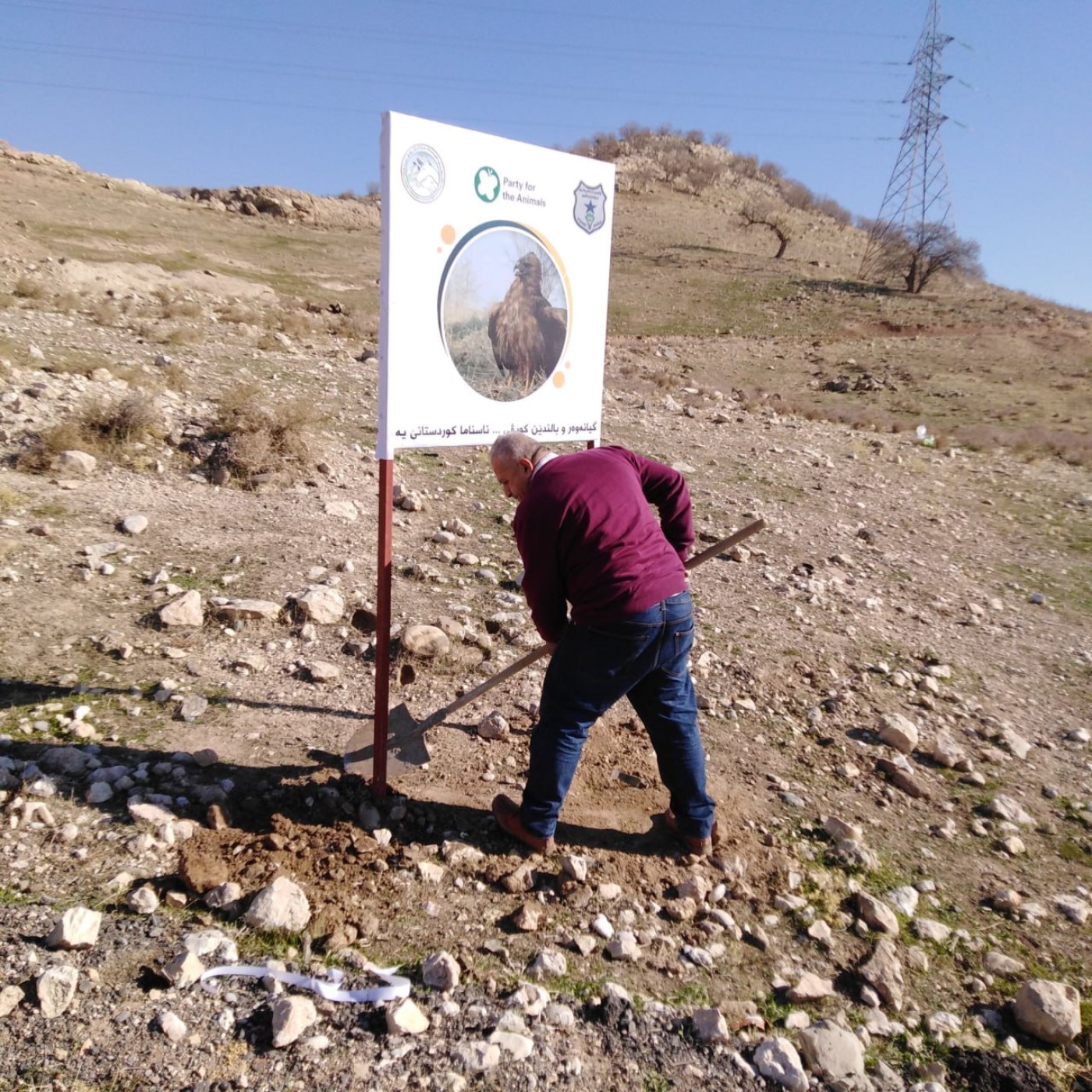
Illegal hunting endangers wild animals
Tamer actively collaborates with environmental organizations and government bodies to counter encroachments on wildlife in the Kurdistan Region.
Notably, he contributed to the enactment of a law specifically aimed at safeguarding animal rights by the Kurdistan Regional Parliament approximately two years ago.
This legislation identifies illegal hunting and the trafficking of wild animals as significant factors contributing to the extinction of numerous species.
Wild boar barbecue bash
Despite government initiatives, certain individuals persist in engaging in hunting activities beyond the purview of authorities, particularly in secluded regions.
Sufyan Siro, a wild boar hunter, revealed to The New Region that he sporadically partakes in boar hunting alongside a group of friends in remote areas. He regards hunting as his preferred hobby and takes great pleasure in its pursuit.
He goes on to explain that groups of wild boars emerge during the night, seeking sustenance, particularly in orchards and farms.
“We observe and track them for several hours before engaging in a shooting hunt. Subsequently, we process their meat and arrange a robust barbecue celebration, complete with songs and dancing, continuing well into the late hours of the night in the open air,” he said.
Arresting environmental offenders
Security forces in the Kurdistan Region are proactively addressing environmental infractions through the Environmental and Forest Protection Units.
In Duhok province, a dedicated operations room has been set up to counter environmental violations. Specialized teams conduct patrols in villages and rural areas, focusing on promoting environmental awareness and reporting any offenders.
With over 30 bases strategically located across the province, the forces aim to monitor violations, ensuring the preservation of the environment and wildlife.
Abdul Sattar Spendari, the media spokesperson for the Environmental Protection Forces in Duhok, revealed in a press conference conducted on January 3, that 243 individuals engaged in environmental violations were apprehended in the previous year.
This group included hunters of animals and wild birds, as well as individuals involved in the unauthorized cutting of forest trees. Legal measures have been initiated against these offenders.
The Kurdistan Regional Parliament enacted the Environmental Protection Law in 2008 with the objective of safeguarding, preserving, and enhancing the region's environment.
This legislation imposes penalties, encompassing imprisonment and monetary fines ranging from 150,000 to 200 million Iraqi dinars, on those found in violation of its provisions.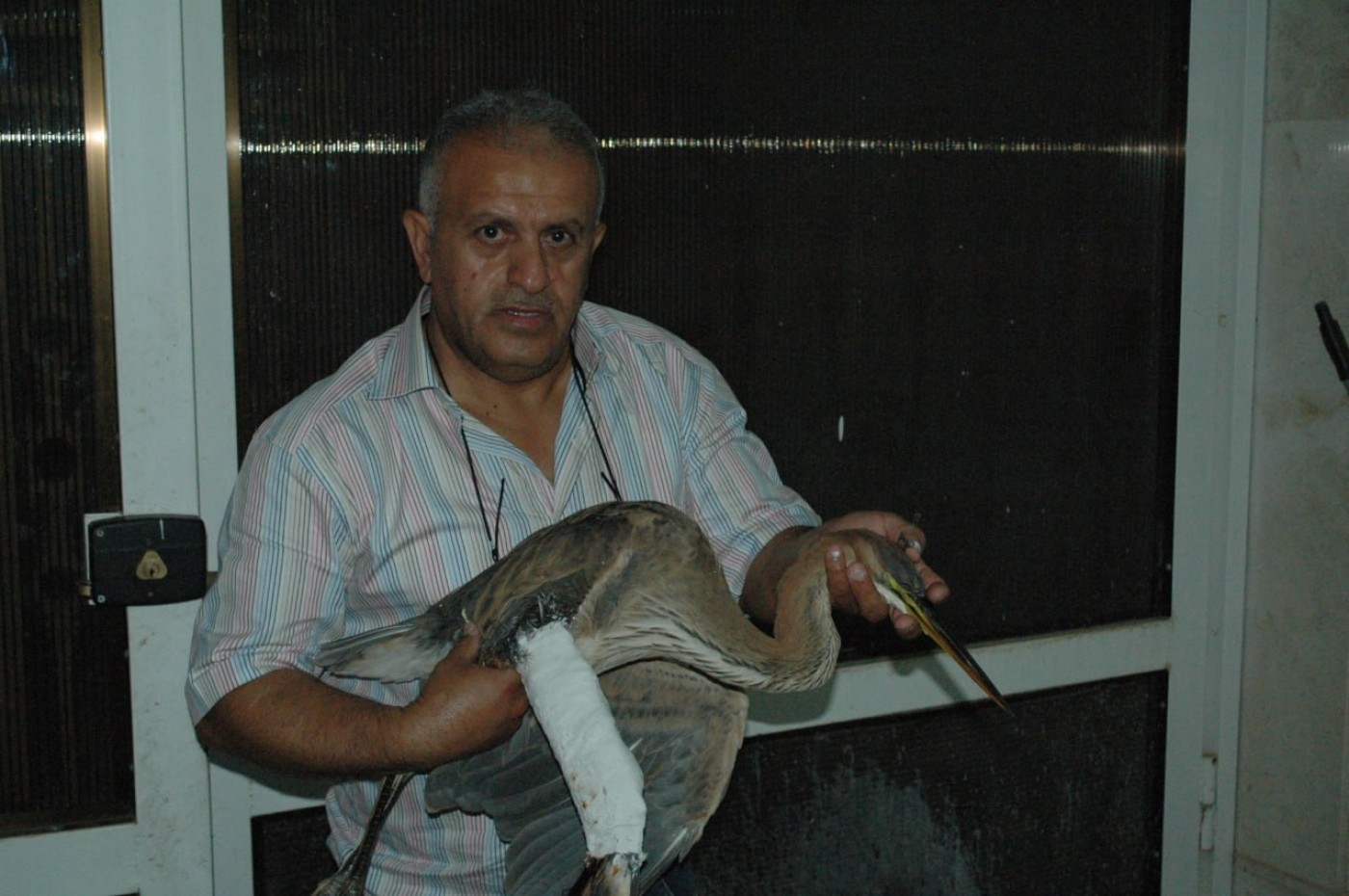
Water bride and endangered birds
Renowned for its strategic location and biodiversity, the Kurdistan Region is home to a myriad of bird species, wildlife, and reptiles, many of which are at risk of extinction.
Birds and wildlife expert Korsh Ararat informed The New Region that certain amphibians are unique to the Kurdistan Region, specifically a species called Water Bride.
This amphibian exclusively inhabits springs and cold-water ponds in the mountains of the Kurdistan Region, as confirmed by scientific sources.
Ararat underscores that, according to studies conducted by the IUCN, an environmental conservation organization, the Water Bride is on the verge of extinction, prompting active conservation efforts by the organization.
Ararat, an environmental activist with extensive collaboration in the environmental sector, underscored that despite the profound negative effects of wars on biodiversity in Kurdistan, certain areas persist in maintaining their natural state.
He emphasized the imperative to focus efforts on safeguarding these regions, highlighting Kurdistan's ecological significance for wild birds. Positioned between three continents—Europe, Asia, and Africa—Kurdistan plays a crucial role as a resting point for numerous migratory bird species.
According to him, various species of wild birds in the Kurdistan Region are teetering on the brink of extinction. These include the Red-breasted Goose (Branta ruficollis), Lesser White-fronted Goose (Anser erythropus), American Redhead Duck (Aythya americana), Egyptian Vulture (Neophron percnopterus), Greater Spotted Eagle (Clanga clanga), Steppe Eagle (Aquila nipalensis), Eastern Imperial Eagle (Aquila heliaca), Biarmicus Falcon (Falco biarmicus), Great Bustard (Otis tarda), Macqueen's Bustard (Chlamydotis macqueenii), and Sociable Lapwing (Vanellus gregarious).
Ararat revealed that he is actively collaborating with government authorities to set up natural reserves in the Kurdistan Region, focusing on strategic locations such as Barzan, Qaradagh, Halgurd, and Sakran. He underscored the existence of internationally acclaimed areas in Kurdistan, ideal for the establishment of natural reserves.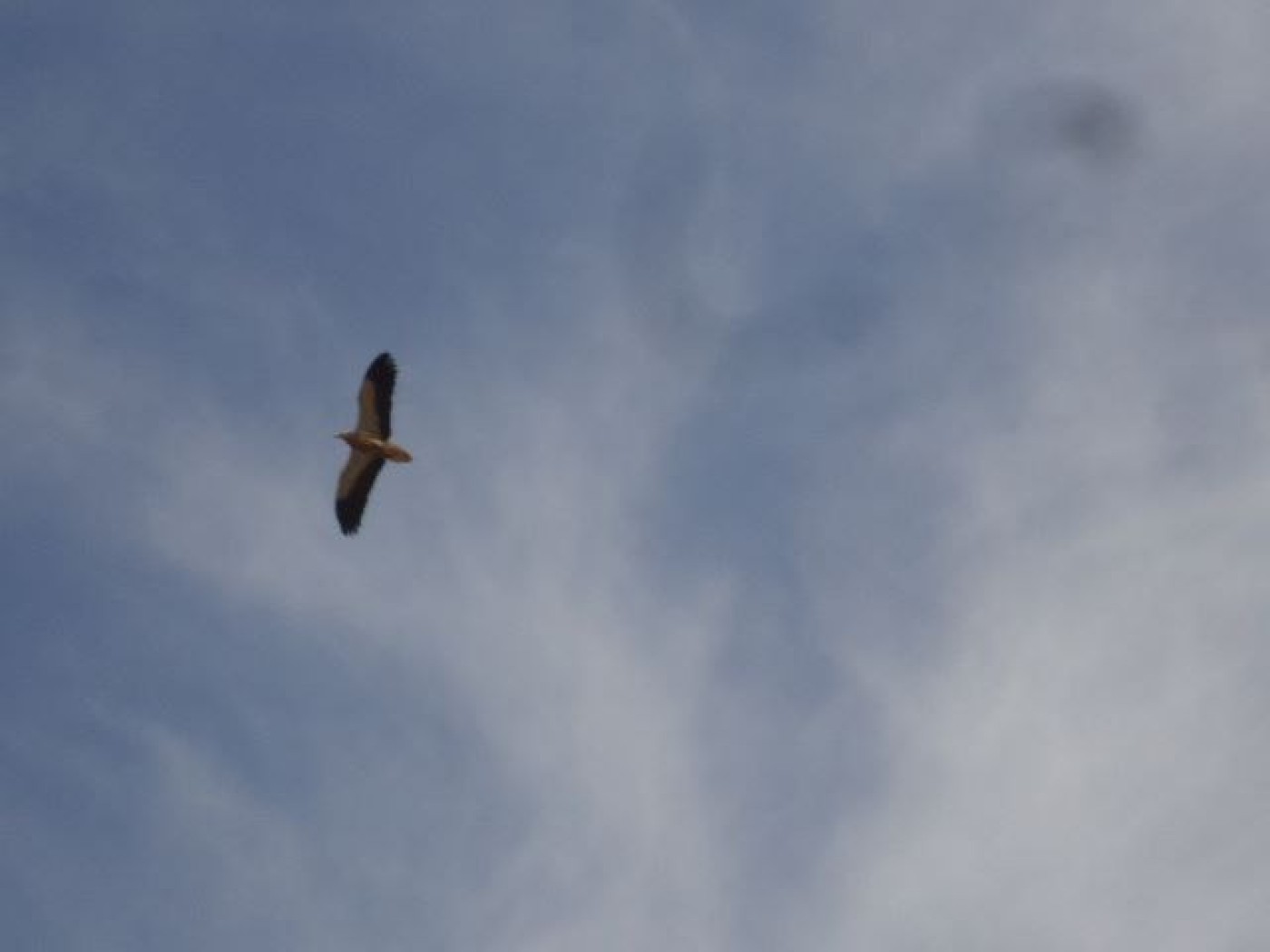
Qatar seeks to protect a bird in Erbil
Ararat disclosed that the Qatar is actively engaged in creating a natural reserve in Erbil province to reintroduce the Houbara bird.
He elaborates that this bird was once prevalent in the plains of Erbil during the 1960s and 1970s, but its population dwindled due to various changes.
The Qatari Ministry of Environment, the Iraqi Ministry of Environment, and the Kurdistan Region Environment Board are jointly involved in this initiative, aiming to safeguard this bird from extinction. The project is anticipated to facilitate the resurgence of other bird species in the region.
Ararat persists in collaborating with pertinent regional government authorities to diminish hunting operations aimed at wild animals.
Achieving this involves conducting environmental awareness campaigns and enforcing regulations, underscoring the pivotal role of active human engagement in the preservation of nature.
Furthermore, over 200 nations, including Iraq, cast their votes at the United Nations Conference on Biodiversity in Canada in 2022, aiming to increase the proportion of land allocated for protected areas to 30 percent of the country's total area by 2030, a substantial rise from the previous 17 percent.
This ambitious initiative seeks to revitalize and safeguard environmental and biological systems. As per information from the Iraqi Ministry of Environment, Iraq boasts nine diverse ecosystems, featuring natural reserves that encompass everything from waterlogged marshes to mountainous terrains, specifically within the Kurdistan Region's Sulaimani, Duhok, and Erbil provinces. Moreover, various plain environments are dispersed throughout central and southern regions, alongside the Samawah deserts and the western desert.

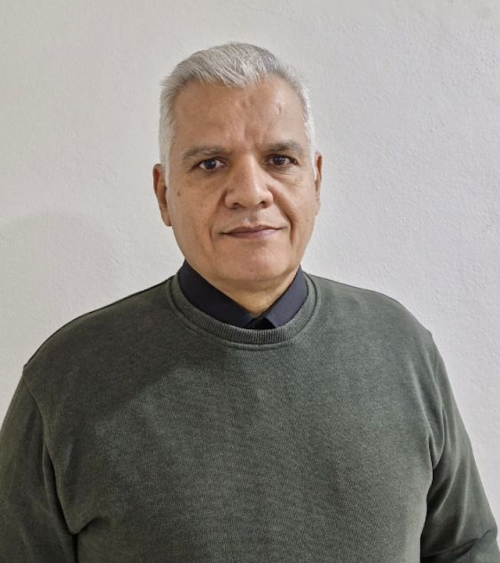
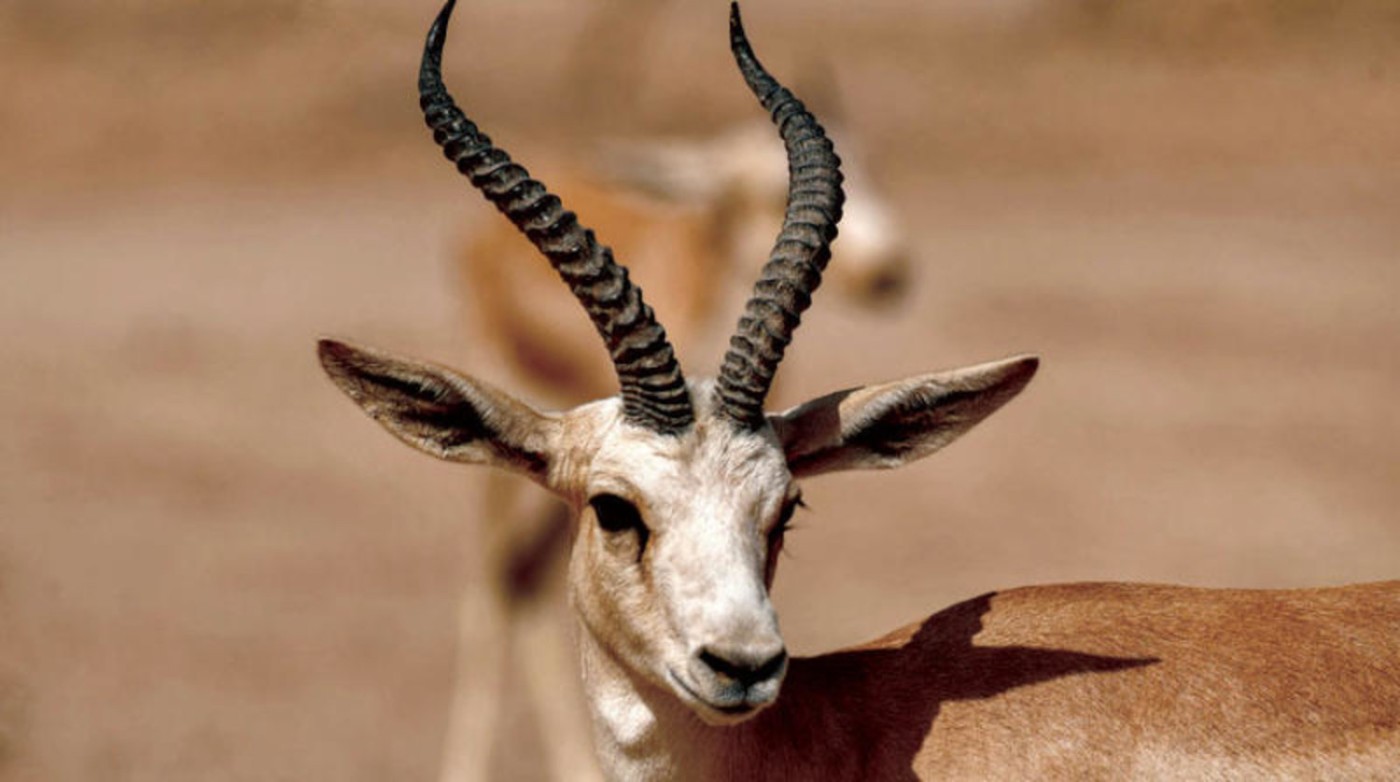
 Facebook
Facebook
 LinkedIn
LinkedIn
 Telegram
Telegram
 X
X


